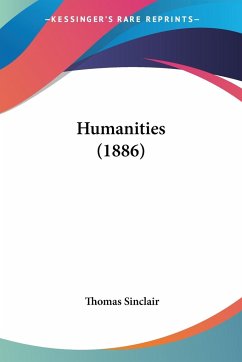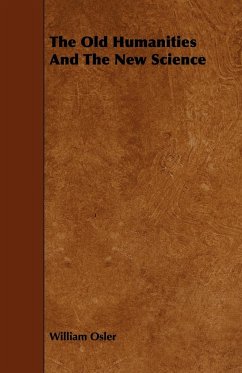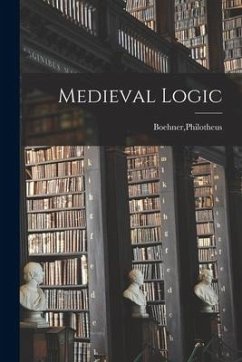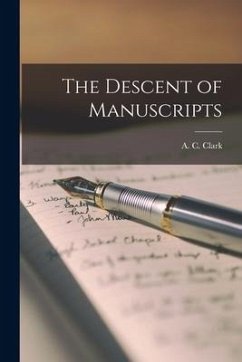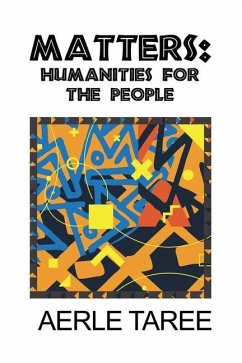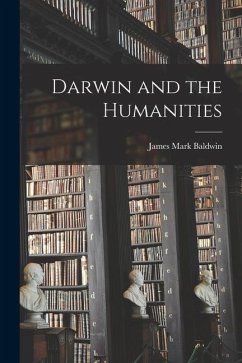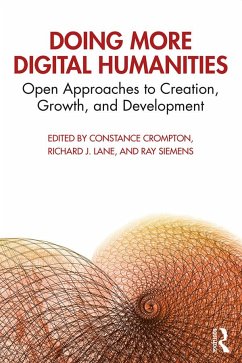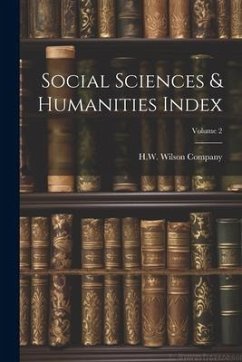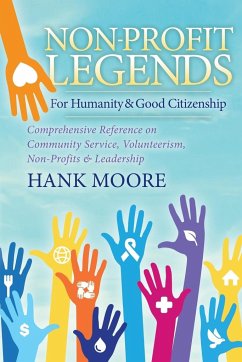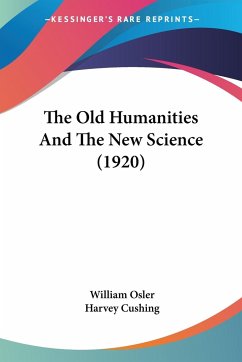
The Old Humanities And The New Science (1920)
Versandkostenfrei!
Versandfertig in 1-2 Wochen
19,99 €
inkl. MwSt.

PAYBACK Punkte
10 °P sammeln!
The Old Humanities and the New Science is a book written by William Osler, a renowned physician and medical educator, in 1920. The book is a collection of lectures that Osler gave during his tenure as the Regius Professor of Medicine at Oxford University. In these lectures, Osler explores the relationship between the humanities and the sciences, and how they have evolved over time.Osler argues that the traditional humanities, such as literature, philosophy, and history, have always been essential to the study of medicine and science. However, he also acknowledges that the rise of modern scienc...
The Old Humanities and the New Science is a book written by William Osler, a renowned physician and medical educator, in 1920. The book is a collection of lectures that Osler gave during his tenure as the Regius Professor of Medicine at Oxford University. In these lectures, Osler explores the relationship between the humanities and the sciences, and how they have evolved over time.Osler argues that the traditional humanities, such as literature, philosophy, and history, have always been essential to the study of medicine and science. However, he also acknowledges that the rise of modern science has led to a greater emphasis on empirical data and experimentation, which has sometimes come at the expense of the humanities.Throughout the book, Osler reflects on the history of medicine and science, drawing on examples from ancient Greece, the Renaissance, and the Enlightenment. He also discusses the role of technology in modern medicine and the importance of ethical considerations in scientific research.Overall, The Old Humanities and the New Science is a thought-provoking exploration of the relationship between two fields that are often seen as separate and distinct. Osler's insights continue to be relevant today, as the debate over the role of the humanities in science and medicine continues.This scarce antiquarian book is a facsimile reprint of the old original and may contain some imperfections such as library marks and notations. Because we believe this work is culturally important, we have made it available as part of our commitment for protecting, preserving, and promoting the world's literature in affordable, high quality, modern editions, that are true to their original work.



